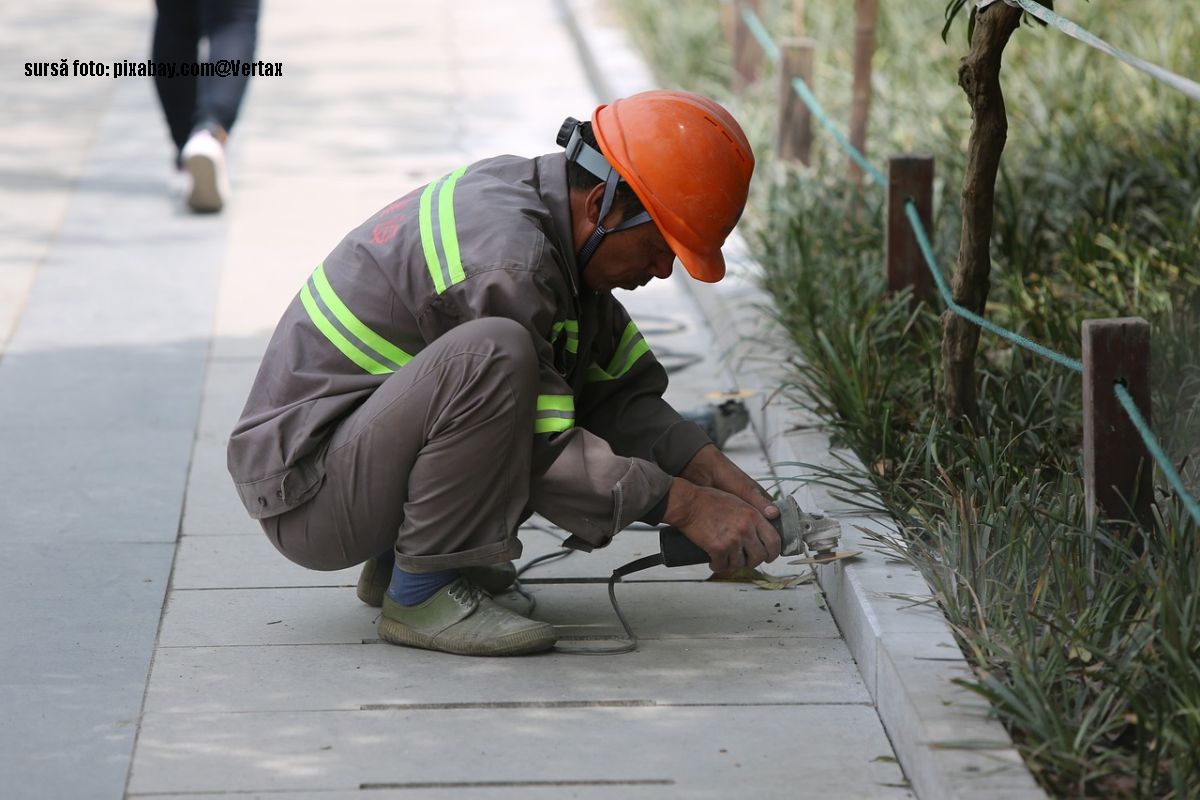Teenagers in Romania
20th of November was the United Nations Universal Children's Day

România Internațional, 30.11.2016, 11:53
20th of November was the United Nations’ Universal Childrens Day, and on this occasion, the National Authority for Childrens Rights, the National Student Council and UNICEF held a debate on the priorities of the Council of Europe Strategy for the Rights of the Child, applying to all EU member states, as well as Romanias strategy in that same area. The Council of Europe strategy identified seven major areas as being the most challenging in terms of human rights: poverty, inequality and exclusion, the need for a better legal system, violence, migration, racism and instigation to hatred.
On this day, a letter of partnership was signed between UNICEF and the Student Council of Romania to encourage the involvement of more children and teenagers in decision-making in issues that regard them. Here is Despina Andrei, director of communications with UNICEF Romania: “Both UNICEF and the National Student Council have concerns when it comes to promoting and observing childrens rights. At the same time, we have a common vision in terms of childrens rights, in the sense that both students and we believe that each and every child in Romania has the right to a good quality, inclusive education. This is confirmed by an online questionnaire which we posted to see what they believe what the priorities should be in the near future, beyond what we believe it is important for children. We have answers from over 6,900 children, who said in no uncertain terms that the number one priority for them is access to good quality, inclusive education. The number two priority is friendly health services, as well as a violence-free life. In other words, we have common priorities, and, working together, we are able to give children the opportunity to express their opinion with regard to their future. We want to see if the decisions we are making represent them. We want to give them the possibility to have a word to say, and to identify together the best strategy for going forward.”
According to the same study, other areas that young people see as a priority are access to volunteer programs, career counselling, apprenticeships and recreational activities, as well as protection against discrimination. Here is Daniela Gheorghe, director of the Childrens NGO Federation: “Ill tell you what the children the Federation works with answered to the latest alternative report on childrens rights in Romania. The children said that they want childrens rights to be more than something written on paper, they want it to be real. We want to help come true this dream the children have for their rights to be respected. One of the children said something very important. He said that childrens participation should not be a slogan on the political and public agenda, but has to be a reality. Childrens participation has to be part of the values and principles of each institution that works with and for children. Childrens participation means direct involvement in decisions, both in the family and in institutions. Giving children power means having the courage and faith that children can make decisions when it comes to their destiny, their school and their family. Granting children power means helping them become autonomous, including children under institutional care. I believe raising autonomous children, with the ability to make decisions means creating a better future for Romania. The children who wrote the alternative report said, quote: ‘School no longer serves our needs. We are not happy in school, were simply not happy.’ If children ask our help in being happy, I believe we have this responsibility.”
In Romania, over half of the population of children is at risk of poverty. Poor access to healthcare, social services and education, compounded by limited access to information on rights and opportunities, lead to social exclusion for vulnerable families and children. The economic crisis hit hard families at risk due to lost jobs and incomes. In this context, UNICEF has been running a project in Bacau County, under which 45 communities have the benefit of improved healthcare, education, and protection services for all children.
Here is Despina Andrei: “We work with teachers to improve teaching methods, focussing on the needs of children. We have parental education courses, we do counselling for children, and we give schools access to micro-grants, to stimulate creativity, encourage young people to write projects, to study and to consult each other, and find local solutions to local problems.”
The UNICEF Minimal Service Package Model for communities in Bacau County also contains a strong prevention component, in terms of ensuring that each locality has at least one social worker, a community nurse and a school counsellor, who, working together, can assess the needs of vulnerable children and their families, allowing them to receive the proper services. The project in Bacau has a budget of 5.3 million Euro, and can serve as a model for the entire country, so that all Romanian children can get the benefit of a quality, inclusive education, and a minimal package of services.






























